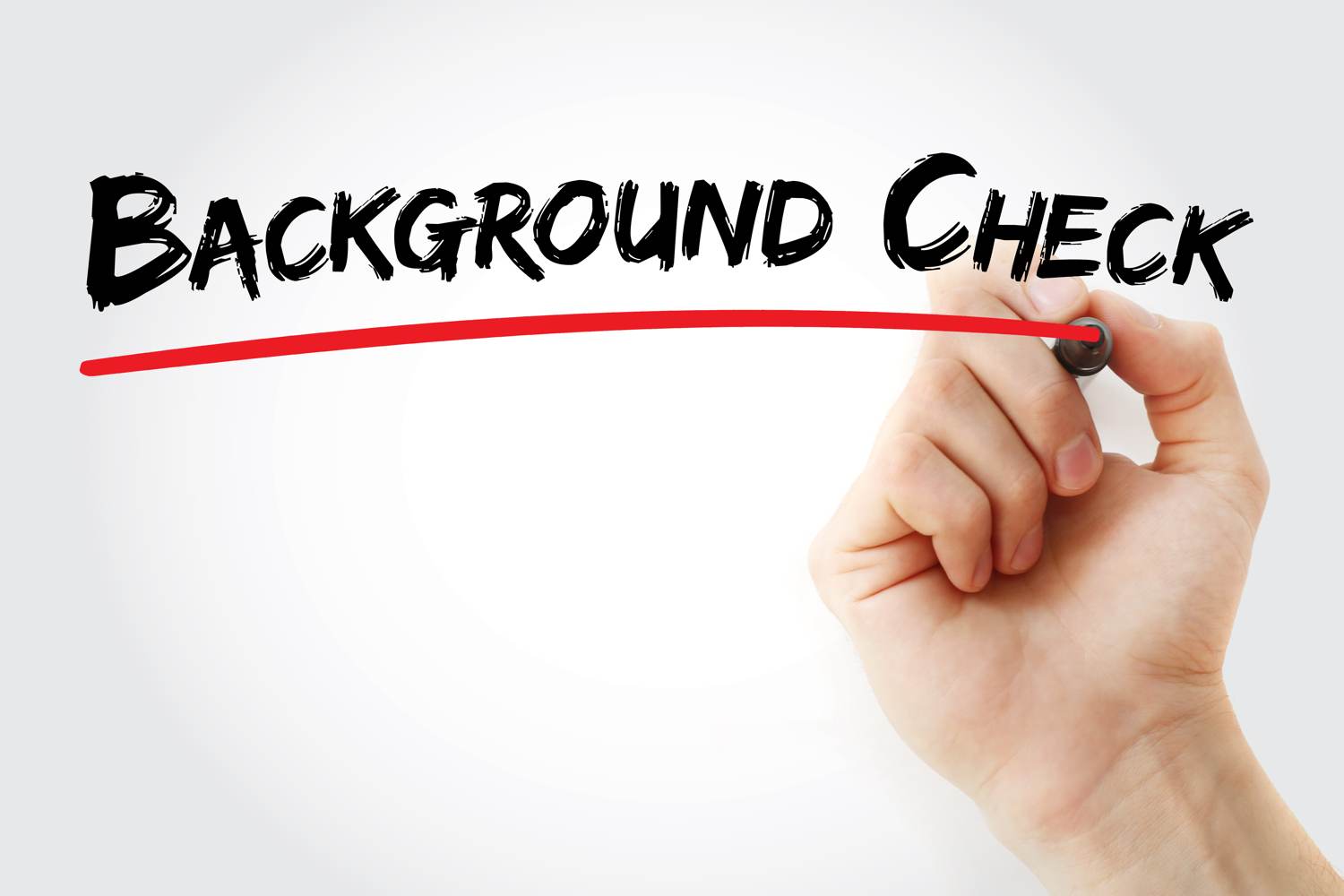While an applicant may pass with flying colors when it comes to the application and interview, there is still the background check to pass. A background check lets an employer know if this is the right person for the job. There are many positions out there that require a background check, such as working with children and working in the health and insurance industries. Employers want to know that the people they hire for their business are trustworthy. The only real way to get this information is to look into each applicant's background. A resume is biased and will only give you the surface of the employer. To really know their character, it is essential to perform a background check.
When investigating a potential employee, there are two checks you can do. These include a criminal background check and a driving record check. You may want to perform both or just one of the checks, depending on the position applied for by the candidate.
What Shows Up in a Criminal Background Check?
A criminal background check does two things. It verifies that someone is who they say there are, and it alerts the employer to any past criminal offenses that could prevent them from working in a particular industry or within a certain position. Not every employer insists on a criminal background check, but every employer has the right to do so. And what's included in a background check?
- Identifying information like your name, age, birth date, and driver's license number
- Proof of address
- Misdemeanors
- Any past or recent warrants or arrests
- State and federal tax liens
- State and federal bankruptcies
- Property ownership
- History of marriage and divorce
When the employer takes a look at the criminal background check, they can then decide for themselves, or according to state law, if the candidate can be hired for the position. After a background check is passed, employees may next need to have their fingerprints taken.
Driving Record Check
In addition to a criminal background check, an employer may opt for a driving record check to ensure the safety of all involved. If a driving record check comes up showing offenses, the employer can opt not to hire the applicant based on the driving check. This kind of background check is important when employers are hiring anyone for the following:
- Commercial driver
- Chauffer
- Courier or delivery driver
- Contract driver
- Driving a company vehicle
- Volunteer who drives
When an employer does a driving background check, they can be assured that the driver is either safe and hirable or not. Without a criminal background check and driving record check, employers will not know for certain if a candidate is right for the position. While some industries require a background check, it is up to the employer in other industries to decide if they will move forward with a background check and driving record check. Using these checks gives the private sector employer the right to deny or offer employment based on the results of the checks. Unfortunately for many, a criminal background or a bad driving record follows them throughout their life, even after they have paid their dues. Nonetheless, the employer can decide not to hire someone based on something that happened a long time ago, regardless of how sorry the applicant may be. If a criminal background check is performed after someone is hired, and the results are poor, that person could likely be fired without any repercussions to the employer.






